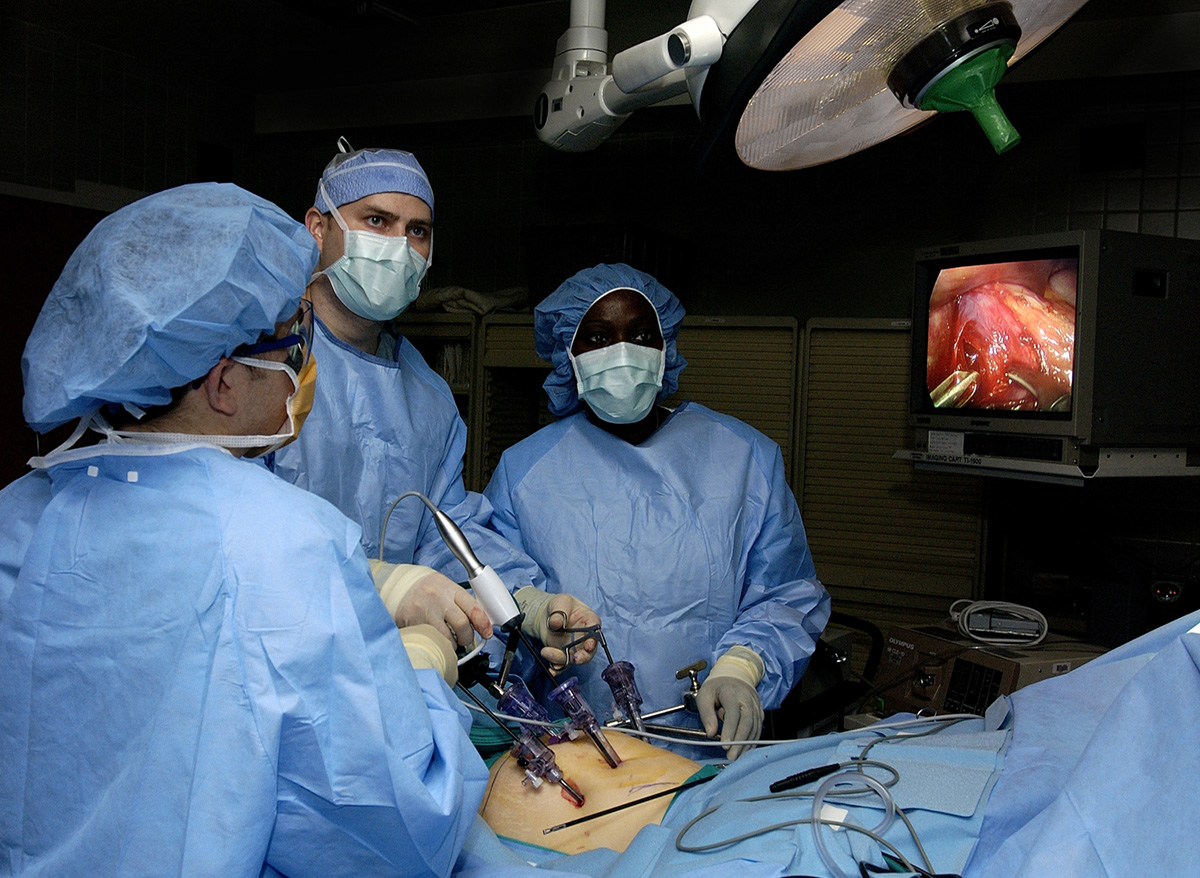
Acid reflux is a very unpleasant health condition characterized by heartburn and other related symptoms. Acid reflux is when the acid from the stomach leaks up in the esophagus. Normally, the food passes through the mouth and down the esophagus to the stomach. At the entrance of the stomach, there is a valve, in the form of a ring muscle. The valve, known as the lower esophageal sphincter, closes as soon as the food enters the stomach. If it doesn’t close properly, or if it opens too often, the acid, normally found in the stomach, can climb up to the esophagus and cause a series of unpleasant symptoms.
Acid reflux in women
The signs and symptoms of acid reflux are the same in both men and women. However, women may experience acid reflux more often, especially during the pregnancy. It is estimated that as much as 80% of pregnant women have the symptoms of acid reflux during pregnancy. The symptoms may range from mild to extremely severe. Nausea and vomiting are especially common during the first trimester, and this happens due to the rising levels of female hormones.
The symptoms of acid reflux are the most prominent in the third trimester when the enlarged uterus pushes up into the upper abdomen, pushing the stomach against the diaphragm. This affects the normal functioning of the lower esophageal sphincter and causes problems with acid reflux.
Weight gain during pregnancy, especially in the abdominal area, puts an additional pressure on the abdomen and forces the food up into the esophagus.
Classic symptoms of acid reflux
The common symptoms of acid reflux include a number of gastrointestinal disturbances. Patients may experience heartburn, characterized by burning discomfort that normally moves from the abdomen to the upper regions of chest, and up into the throat. Another common symptom is regurgitation - the expulsion of material from the mouth, pharynx, or esophagus, usually characterized by the presence of undigested food. Other symptoms include bloating, bloody or black stools, bloody vomiting, burping, and sensation of food being stuck in the throat, nausea, weight loss for no apparent reason, wheezing, dry cough, hoarseness or chronic sore throat.
Treatment
Treatment for acid reflux includes many over the counter medications, especially antacids that neutralize the stomach acid. Doctors may also prescribe various medications to reduce the acid production. They don’t work as quickly as antacids, but they provide longer relief. Medications that control the acid and heal the esophagus are also used in the treatment. They block the production of acid and allow the damaged esophagus to heal.

















Your thoughts on this
Loading...